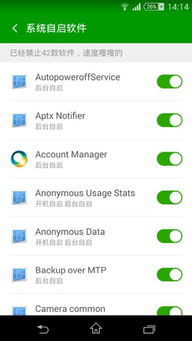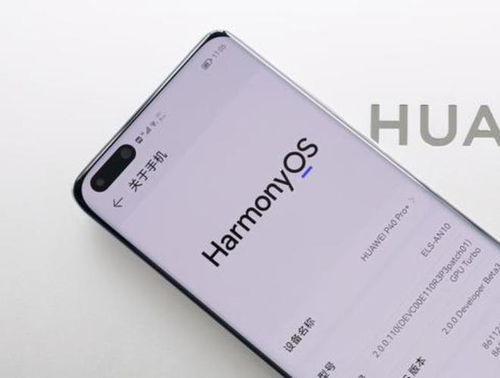
安卓系统跟苹果系统英语,Introduction to Android and iOS Systems
时间:2024-12-21 来源:网络 人气:
Introduction to Android and iOS Systems
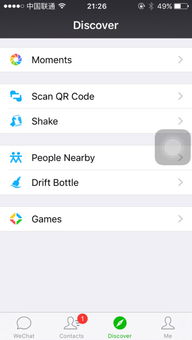
When it comes to mobile operating systems, two names stand out: Android and iOS. Both systems have their unique features, advantages, and user bases. In this article, we will delve into the world of Android and iOS, exploring their origins, functionalities, and the differences that set them apart.
Origins of Android and iOS
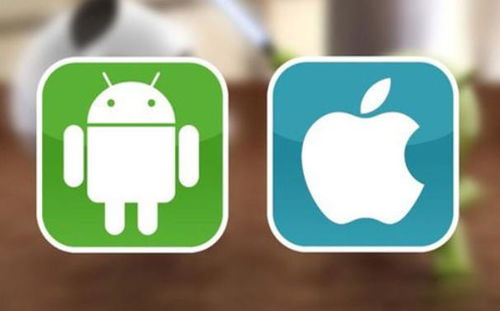
Android, developed by Google, was first introduced in 2008. It is an open-source operating system based on the Linux kernel. This open-source nature allows manufacturers like Samsung, Huawei, and Xiaomi to customize the system and create their own versions. On the other hand, iOS, developed by Apple Inc., was launched in 2007 and is a closed-source operating system exclusively used on Apple's hardware, including the iPhone, iPad, and iPod Touch.
Android: The Open-Source Giant
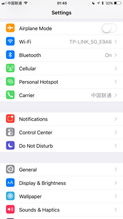
One of the key features of Android is its open-source nature. This means that developers and manufacturers have the freedom to modify and customize the system according to their needs. Android offers a wide range of devices with varying specifications, catering to different budgets and preferences. The Google Play Store, which hosts millions of applications, is another significant advantage of the Android ecosystem. Users can find apps for almost any need, from productivity tools to entertainment.
Android also offers a high degree of customization, allowing users to personalize their devices with different launchers, themes, and widgets. The system supports a wide range of hardware configurations, making it compatible with various devices. Moreover, Android's open-source nature has led to a strong community of developers, contributing to the continuous improvement and innovation of the platform.
iOS: The Closed-Source Ecosystem
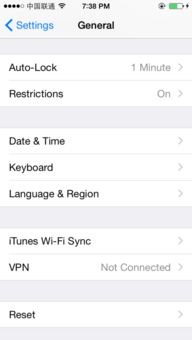
In contrast, iOS is a closed-source operating system, which means that Apple has complete control over its development and distribution. This approach ensures a consistent and high-quality user experience across all Apple devices. iOS is known for its smooth performance, intuitive interface, and strong security features. The App Store, Apple's official app marketplace, offers a curated selection of high-quality applications, ensuring a safe and reliable experience for users.
One of the standout features of iOS is its seamless integration with other Apple products, such as the Mac, iPad, and Apple Watch. This ecosystem allows users to easily sync their data, messages, and preferences across devices. Additionally, Apple's focus on privacy and security has made iOS a preferred choice for many users who value their personal information.
Comparing Android and iOS: Key Differences
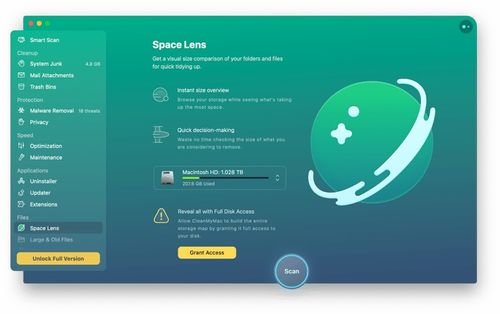
While both Android and iOS offer a wide range of features and functionalities, there are several key differences that set them apart:
Customization: Android offers a high degree of customization, while iOS provides a consistent and uniform user experience.
App Selection: The Google Play Store has a vast selection of apps, while the App Store offers a curated and high-quality selection.
Security: iOS is known for its strong security features, while Android users may need to install additional security apps.
Hardware Integration: iOS devices offer seamless integration with other Apple products, while Android devices can work with a wide range of hardware.
Conclusion
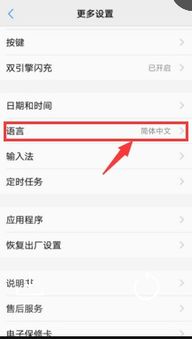
Both Android and iOS have their own strengths and weaknesses, making them suitable for different users. Android's open-source nature and vast app selection make it an excellent choice for those who prefer customization and a wide range of hardware options. On the other hand, iOS's closed-source ecosystem, strong security, and seamless integration with other Apple products make it a preferred choice for many users who value a consistent and high-quality experience.
Ultimately, the choice between Android and iOS depends on individual preferences, needs, and priorities. Whether you're looking for a customizable device or a seamless and secure experience, both operating systems have something to offer.
android iOS mobileoperatingsystem Google Apple customization security hardware appselection ecosystem
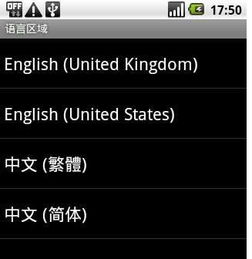
相关推荐
教程资讯
教程资讯排行
- 1 vivo安卓系统更换鸿蒙系统,兼容性挑战与注意事项
- 2 安卓系统车机密码是多少,7890、123456等密码详解
- 3 能够结交日本人的软件,盘点热门软件助你跨越国界交流
- 4 oppo刷原生安卓系统,解锁、备份与操作步骤详解
- 5 psp系统升级620,PSP系统升级至6.20官方系统的详细教程
- 6 显卡驱动无法找到兼容的图形硬件,显卡驱动安装时出现“此图形驱动程序无法找到兼容的图形硬件”怎么办?
- 7 国外收音机软件 app,国外收音机软件APP推荐
- 8 Suica安卓系统,便捷交通支付新体验
- 9 dell进不了bios系统,Dell电脑无法进入BIOS系统的常见原因及解决方法
- 10 能玩gta5的云游戏平台,畅享游戏新体验

